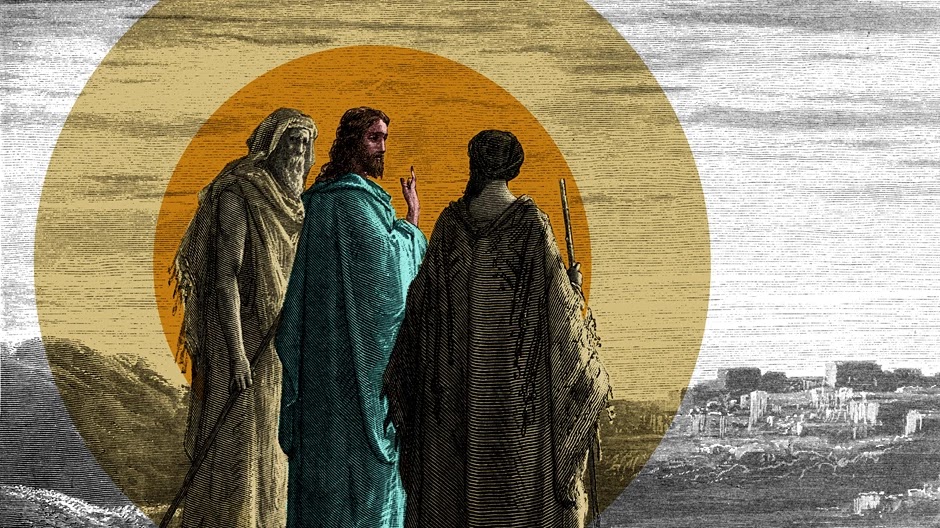Every day, we see around us countless reminders of brokenness in our world. The first reminder lies within ourselves. The most frustrating reminders lie within our own mind and body. Even our emotions are not spared. Take anger, for example. It is a powerful emotion originally reserved for the sake of righteousness, but in the fallen human soul it can morph into a monstrous emotion that is often dictated by self-centered and self-righteous motives. Another difficult emotion is sorrow. It can be found in a heart of godly repentance, or it can spiral its way into the heart of darkness in self-obsessed depression and despair.
In the endless wreckages of human relationships, we see very painful reminders of brokenness that cuts deep to our human experience of living and loving in an unforgiving world. Sometimes in the midst of laughter and mirth, an single unexpected moment of disappointment, unmet expectation, or judgment triggered by a loved one’s words or actions can turn into agonizing hurt. Afterwards, the inward turmoil of accusatory ruminations reminds me of my own brokenness and the many times I have failed in my life to reconnect, reconcile, and forgive wholeheartedly.
When I find myself disturbed by the brokenness in the world and its endless wars,
When I am furious at the brokenness in those very close to me because I expect more of them,
When I become weary of the brokenness in culture and society that spawns injustice,
When I feel helplessness amidst things that cannot be changed and are out of my control,
When I grow angry and impatient at the brokenness of failed systems and corruption,
I have no other choice but to cry out to the perfect Maker. I cry out to God, who is my rock and refuge even when I do not understand my very own emotions. I cry out to the One who will make all things right. I cry out to Jesus who walked in humanity’s skin and bones, who had a heartbeat, and a nervous system that gave him emotions, pain, sensations – and yet who never sinned in experiencing all of it. I can’t imagine. But I need His Spirit’s help to recover from my bout of anger, or impatience, or fear, or distrust, or despair, or heartache, or distress.
My prayer to Him in this moment:
Lord, I bring before you my sadness that I can’t be in two places at once – that I can’t be close to my family in Australia while being in Rwanda with my husband and living life here for this season. I bring to You my frustration at the feeling that there’s never enough time for us to spend together, even as a couple. It seems to me that we’re always out of time because we enjoy each other’s company so much, but these are all the hours in the day we have, all the days in a year, and all the years ahead – of which we don’t even know how many there are left! It’s ridiculous, but with life’s demands and busyness in a foreign land, as expected, not all my unspoken expectations are met in different times and places. It makes me feel anger and distress sometimes when things are out of my control – for example, when the brutal illness of a parent comes unexpectedly and there is no room for negotiation, relief, or escape.
I bring to You my solitary self, that lonesome part of my character that has brought me joyous solitude many a time, and also tears many other times. I bring to You my sense of inadequacy, or the feeling that I am never doing enough in this life, especially here in Rwanda. I bring my frustration of desiring to do more, but feeling weary of trying to. I bring my grievances of all the difficulties that come with transition, adapting, reintegrating across different places and seasons. I bring my deep pain at the reminders of brokenness within and without that we all have to endure, so much so that I sometimes despair of life.
To whom shall I turn in my solitary moments such as this? Even in my writing, I have to reach out to God because He’s the only one who has seen me through all these years, writing or no writing. Music or no music. Mission or no mission. Give me the strength to endure when my own strength is gone. Give me peace even when there is war all around. Give me assurance when there is unfixable brokenness everywhere. Amen.
“We don’t know what to do but our eyes are on You.” (2 Chronicles 20:12)







